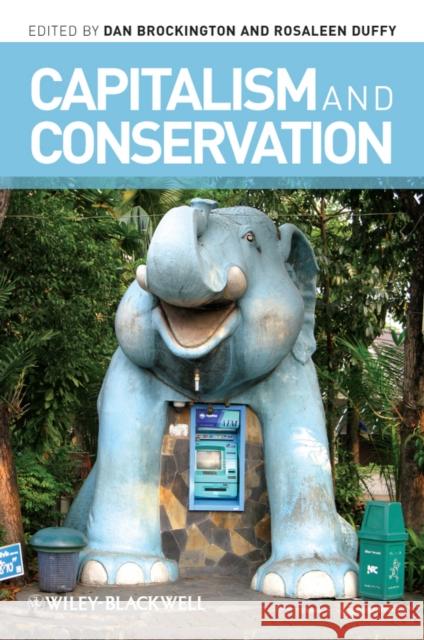Capitalism and Conservation » książka
topmenu
Capitalism and Conservation
ISBN-13: 9781444338348 / Angielski / Miękka / 2011 / 344 str.
Through a series of case studies from around the world, Capitalism and Conservation presents a critique of conservation's role as a central driver of global capitalism.
- Features innovative new research on case studies on the connections between capitalism and conservation drawn from all over the world
- Examines some of our most popular leisure pursuits and consumption habits to uncover the ways they drive and deepen global capitalism
- Reveals the increase in intensity and variety of forms of capitalist conservation throughout the world











